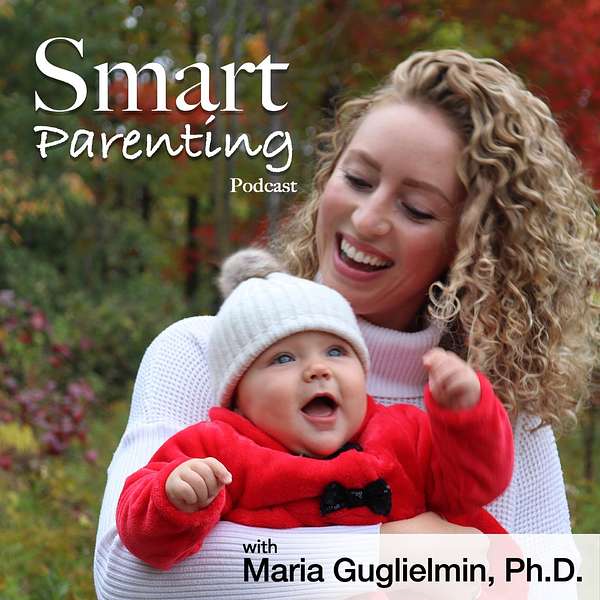
Smart Parenting Podcast
Smart Parenting Podcast
SuperAgers: Who They Are and How to Age Well Like Them
Dr. Emily Rogalski a clinical and cognitive neuroscientist and Professor of Psychiatry and Behavioral Sciences at Northwestern University’s Feinberg School of Medicine. She currently serve as Associate Director of the Mesulam Center for Cognitive Neurology and Alzheimer Disease and as Imaging Core Leader of our NIA-funded Alzheimer’s Disease Research Center. Her research falls under the broad umbrella of aging and dementia and uses a multimodal approach to investigate two aging perspectives: primary progressive aphasia (PPA) in which neurodegenerative disease invades the language network and SuperAging in which individuals are seemingly resistant to the deleterious changes in memory associated with “normal" or more typical cognitive aging. We discuss SuperAgers, who they are, how they're different, and what we can learn from them so we and our children can aim to live long, healthy lives.
www.brain.northwestern.edu
https://www.brain.northwestern.edu/join/index.html
https://www.brain.northwestern.edu/join/SuperAging.html